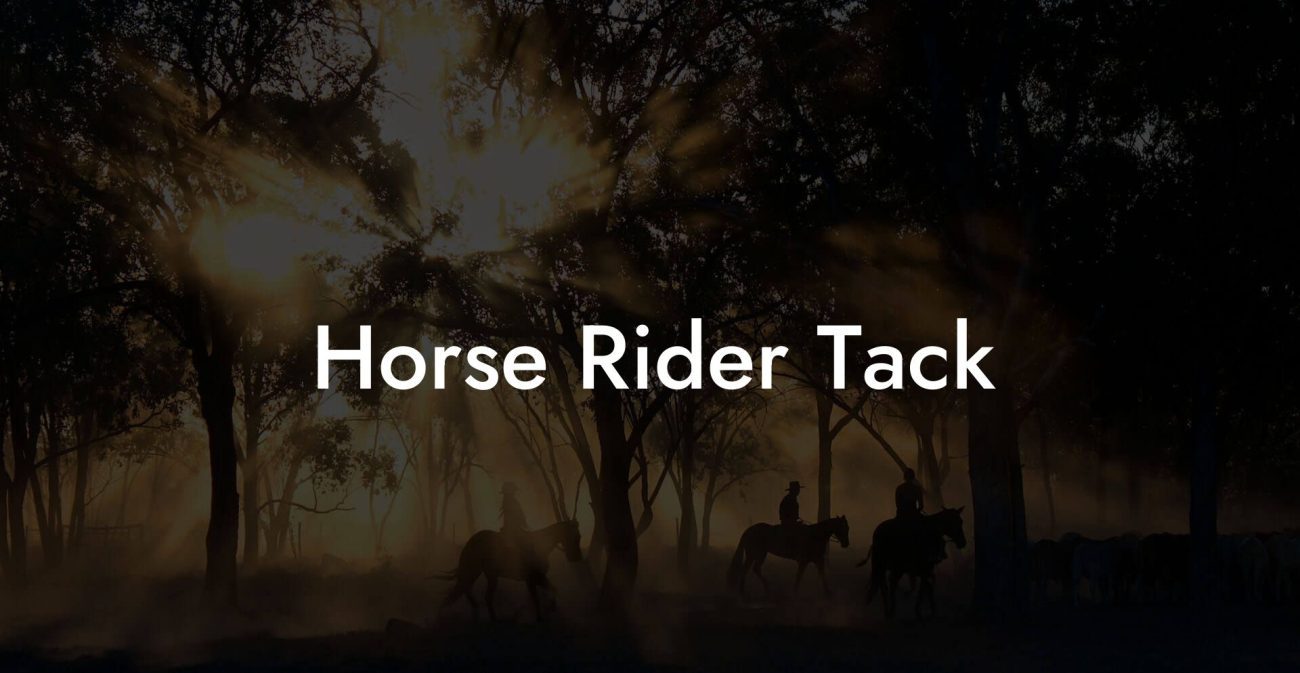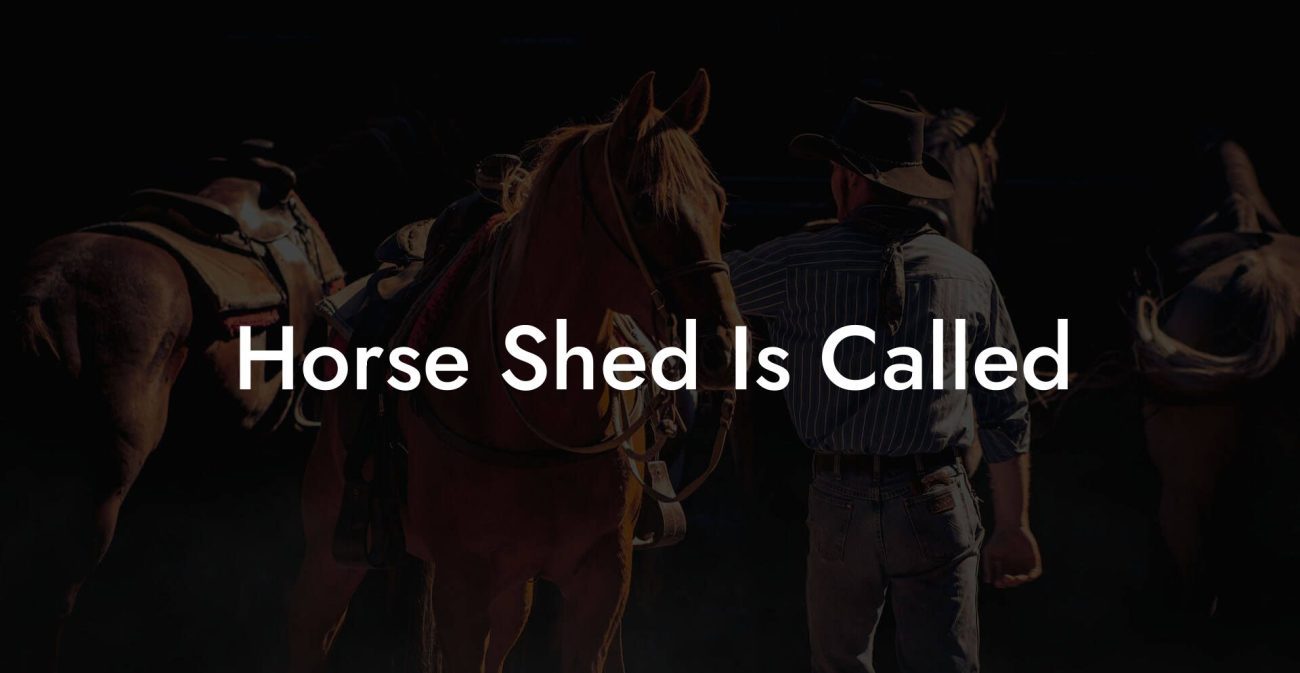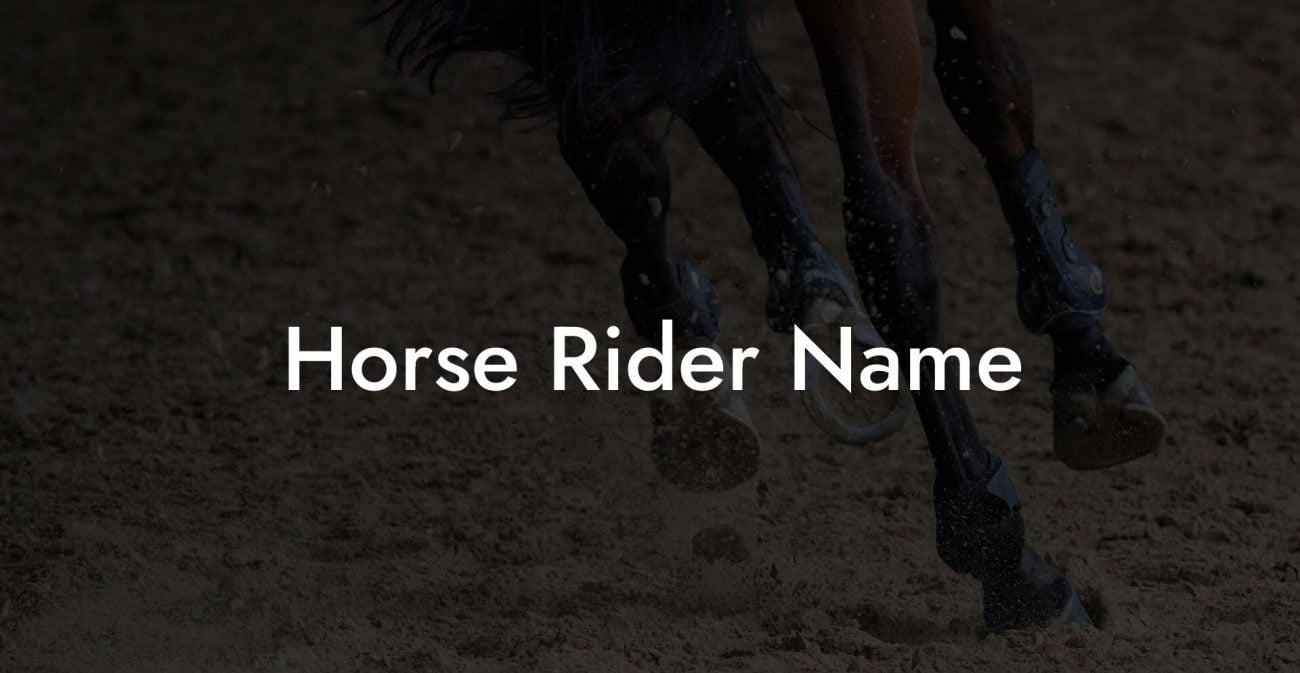Horse flies might make you want to slap your arm while riding, but before you grab that can of bug spray, ever wonder if there’s more to these pesky creatures than meets the eye? Dive into a journey where we unravel the surprisingly multifaceted roles of horse flies, from their secret life as eco-warriors in the great outdoors to how a savvy horse owner can harness nature’s balance for a healthier, happier equine companion.
Quick Links to Useful Sections
- The Mighty Horse Fly: More Than Just an Annoying Pest
- What Exactly Is a Horse Fly?
- The Ecological Upside: How Horse Flies Contribute to Nature
- Horse Flies and Your Horse: Friend, Foe, or Frenemy?
- Integrated Pest Management (IPM): A Balanced Approach to Horse Fly Control
- Cultural Controls
- Mechanical Controls
- Biological Controls
- Chemical Controls
- Grassroots Science: The Life Cycle and Behavior of Horse Flies
- The Egg Stage
- Larval Stage
- Pupal Stage
- Adult Stage
- When Nature and Horse Care Intersect: The Unexpected Benefits for Your Equine Friend
- Building a Buzz-Worthy Pasture: Enhancing Biodiversity for Equine Health
- 1. Native Planting
- 2. Water Management
- 3. Shelter and Shade
- 4. Encouraging Beneficial Wildlife
- Eco-Friendly Practices for the Modern Horse Owner
- Mindful grooming and Health Checks
- Natural Repellents
- Herbal Supplements and Nutritional Boosts
- Community Engagement and Learning
- Emerging Research and Future Trends in Horse Fly Management
- Biotechnology and Genetic Studies
- Smart Monitoring Systems
- Eco-Innovative Traps and Repellents
- Resources and Community Support: Your Next Steps in Sustainable Horse Care
- Tailoring a Personalized Horse Fly Management Plan for Your Equine Haven
- Step 1: Assess Your Environment
- Step 2: Set Clear Priorities
- Step 3: Combine Multiple Tactics
- Step 4: Develop a Routine
- Step 5: Evaluate and Adapt
- Frequently Asked Questions About Horse Flies and Equine Care
- Your New Perspective on Horse Flies and Sustainable Horse Care
The Mighty Horse Fly: More Than Just an Annoying Pest
At first glance, horse flies seem to have one job: pestering our handsome equine friends (and us, too) with their relentless buzzing and painful bites. But as research and nature enthusiasts have discovered, these critters bring an array of unexpected benefits to our ecosystems. In this guide, we’re taking you on an exploratory ride into the world of horse flies, uncovering the very reasons why these insects are not just bloodsucking nuisances, but rather integral players in nature.
Designed for Gen-Z and millennial horse aficionados who are keen to care for their four-legged friends with both modern techniques and a deep respect for nature, this pillar page dissects the biology, ecology, and even the potential silver linings of horse fly interactions. Think of it as a roadmap that connects your keen interest in natural horsemanship with a broader understanding of the ecosystem that supports your horse’s health and your own environmental values.
What Exactly Is a Horse Fly?
Horse flies (scientifically known as Tabanidae) are large, fast-flying insects recognized for their voracious appetite for blood. They’re not your run-of-the-mill housefly, horse flies are robust, with sprawling wings, striking eyes, and a reputation that spans centuries. Their bites are not only painful but can also transmit pathogens, making them a notorious foe for both livestock and horses.
But there’s more to their story. Horse flies undergo a full metamorphosis that takes them from eggs to larvae, pupae, and eventually into biter-and-buzzers we know all too well. Each stage plays a distinct role in nature, contributing to the richness of our environment. For those who love their horses and the natural world, understanding this life cycle is key to both appreciating and managing these insects.
In the wild, the larvae of horse flies can often be found in damp soil or near water bodies, where they help break down organic matter. Meanwhile, the adult flies, though infamous for their demeanor, also serve as food for a variety of predators, from birds to bats to other insects. In the intricate tapestry of nature, every role counts, even one that occasionally leaves your horse with an itchy mark.
The Ecological Upside: How Horse Flies Contribute to Nature
For all their notorious characteristics, horse flies have several ecological benefits that often go overlooked. Here are some surprising ways these insects play a positive role in the natural world:
- Food Web Providers: Horse flies serve as a crucial food source for many insectivorous animals. Birds like swallows and purple martins, as well as bats and even spiders, rely on these flies for protein. Without them, some predators would have to skew their diets or travel farther for food.
- Population Control: Insects, including horse flies, help keep other populations in check. Their predatory behaviors, especially during their larval stage, can help regulate the numbers of other organisms in their habitat, making them accidental guardians of ecological balance.
- Nutrient Cycling: The larvae of horse flies contribute to the decomposition process by breaking down organic material. This activity enriches the soil and aids in nutrient recycling, which benefits plant life and, by extension, all grazing animals.
- Indicator Species: Like many insects, horse flies can act as bioindicators. Their presence, abundance, or even absence can give clues about the health of an ecosystem, signalling issues like pollution or habitat degradation.
- Pollination (Indirectly): While not major pollinators compared to bees or butterflies, some horse fly species do visit flowers. Their accidental contact with pollen can assist in cross-pollination, playing a minor, but ecologically interesting, role in plant reproduction.
By viewing horse flies through this ecological lens, we begin to see a more balanced picture. Yes, their interactions with horses may not be welcome, but their contributions on a broader scale remind us that even the “bad guys” in nature have important roles.
Horse Flies and Your Horse: Friend, Foe, or Frenemy?
For every horse owner, the summer months bring a recurring nemesis: the horse fly. These biting insects can cause significant stress and discomfort for horses, often resulting in behavioral changes, reduced grazing time, and even secondary infections if wounds aren’t properly cared for. However, understanding that horse flies are part of a larger ecosystem can shift how we approach these challenges.
Think of it this way: while horse flies may be a nuisance, they also remind us of the delicate balance in nature. By learning about them, you can implement safer, more environmentally friendly integrated pest management (IPM) strategies that protect your horse while preserving natural biodiversity.
In the context of horse care, the goal isn’t to wage an all-out war against every insect that crosses your path. Instead, it’s about understanding the ecosystem and implementing thoughtful practices that reduce the negative impacts of horse flies while respecting their ecological roles.
Integrated Pest Management (IPM): A Balanced Approach to Horse Fly Control
Integrated Pest Management (IPM) offers a holistic strategy that minimizes the reliance on chemical treatments by combining multiple control tactics. If you’re a horse owner invested in both your equine friend’s welfare and environmental stewardship, IPM for horse flies is your best bet. Here’s how you can turn the tide:
Cultural Controls
Cultural control methods involve altering the environment to make it less attractive to horse flies. For example, managing standing water around pastures reduces breeding habitats. Keeping stables clean, removing manure promptly, and ensuring proper drainage in grazing areas can decrease the numbers of both horse flies and other pests.
Mechanical Controls
Physical barriers and traps are practical, chemical-free methods to control horse fly populations. Some popular options include:
- Fly Masks and Sheets: Specially designed equipment that covers horses’ sensitive areas can significantly reduce biting.
- Traps: Horse fly traps, such as sticky traps or blue fabric traps, lure and capture these insects, lessening their presence around your horses.
- Fans and Wind Machines: Strong air movement can deter flies from landing on horses during turnout.
Biological Controls
Delve into the natural enemies of horse flies! In many cases, encouraging the presence of insectivorous birds or beneficial insects can help keep horse fly numbers in balance. Introducing these natural predators into your pasture ecosystem, a method aligned with nature’s way of controlling populations, can be both sustainable and effective.
Chemical Controls
When all else fails, targeted chemical controls may be used, but always with caution and respect for your environment. Modern repellents and insecticides are now designed to be less harmful to non-target species. The trick is to use these products sparingly and as a last resort, in alignment with the principles of IPM.
When implemented correctly, integrated pest management not only reduces the number of pesky horse flies but does so in ways that are body-friendly for your horse and earth-friendly overall. It’s about creating a balanced coexistence that benefits every link in the ecosystem.
Grassroots Science: The Life Cycle and Behavior of Horse Flies
For those of you who geek out over biology, understanding the life cycle of horse flies is as crucial as learning your horse’s gait. Let’s break it down:
The Egg Stage
Female horse flies lay their eggs in moist areas, such as on damp soil near water sources. A single female can lay hundreds of eggs, which is why infestations can sometimes get out of hand. These eggs usually hatch within a few days.
Larval Stage
Once hatched, the larvae live in aquatic or semi-aquatic environments, where they feed on organic detritus and even other small organisms. This stage is crucial because it helps recycle nutrients and break down decaying matter, a natural process that maintains soil fertility.
Pupal Stage
The larvae then enter a pupal stage where they transform into adults. The conditions of the environment, such as temperature and humidity, can significantly affect the duration of this phase. It is during this period that the groundwork is laid for new generations of these remarkable insects.
Adult Stage
Finally, the adult horse flies emerge. It is at this stage that the insects become most active and, unfortunately for horse owners, begin their search for blood meals. While it’s this very behavior that makes them notorious, it’s also what completes their role in the ecosystem, connecting the biological processes from birth to their role as prey.
Understanding their life cycle not only enriches your appreciation for these insects but also equips you with the knowledge to time your interventions effectively, ensuring that any pest management strategies you employ hit the mark.
When Nature and Horse Care Intersect: The Unexpected Benefits for Your Equine Friend
At this point, you might be wondering: “If horse flies are such a nuisance, can any of their traits actually turn out to be good for my horse?” The answer is a bit nuanced. Directly, horse flies can cause irritation and even stress for your horse. But indirectly, their very existence highlights the importance of maintaining a balanced ecosystem, which in turn benefits your horse’s overall health.
Healthy pastures and diversified landscapes mean that your horse is not only grazing on nutrient-rich flora but is also part of a vibrant ecosystem where every organism, even the pesky ones, plays a role. This balance helps control various pest populations naturally and can reduce the need for heavy chemical interventions, a win for both your horse and the planet.
Moreover, some natural behaviors of horse flies, such as their role as food for insectivorous birds, encourage you to foster an environment where biodiversity thrives. A diverse ecosystem can support natural pest predators and enhance soil quality, improving pasture productivity and ultimately contributing to your horse’s nutritional intake.
Building a Buzz-Worthy Pasture: Enhancing Biodiversity for Equine Health
One of the most empowering strategies for modern horse owners is to build and maintain a pasture that’s teeming with biodiversity. Not only does a diverse pasture offer your horse a buffet of nutritious plants, but it also creates a natural battleground where every species, including horse flies, plays a balanced role.
Here are some practical tips to cultivate a biodiverse and horse-friendly environment:
1. Native Planting
Integrate native grasses and flowering plants. These not only provide optimal nutrition for grazing but also serve as a habitat for beneficial insects and wildlife. Native plants are better adapted to local conditions and require less intervention than exotic species.
2. Water Management
Ensure that water sources are properly maintained. Good water management minimizes standing water where horse fly larvae breed, while still offering fresh hydration for your horses. Consider natural drainage systems or installing aerators in ponds to reduce stagnant water.
3. Shelter and Shade
Provide ample shade and shelter. Not only does this protect your horse from the harsh summer sun, but it also creates a balanced microclimate where beneficial organisms can thrive. Trees and shrubs can serve as windbreaks, reducing the disturbance of natural insect populations.
4. Encouraging Beneficial Wildlife
Invite nature’s pest controllers into your pasture. Birdhouses and bat boxes can encourage these natural predators to set up residence, aiding in the reduction of not just horse flies but other pests as well.
When you optimize your pasture for biodiversity, you’re not only creating a sanctuary for your horse but also contributing to the ecological health of your region. This holistic approach to horse care embodies the spirit of modern, eco-conscious horsemanship, where every element of nature, even the seemingly bothersome horse fly, has its place.
Eco-Friendly Practices for the Modern Horse Owner
Embracing eco-friendly practices is more than a trend, it’s a lifestyle that aligns with the values of many Gen-Z and millennial horse lovers. With a growing emphasis on sustainability and holistic care, you can implement several strategies not only to manage horse flies but also to elevate your overall approach to horse care.
Mindful grooming and Health Checks
Regular grooming sessions are essential for both hygiene and early detection of any skin irritations or insect bites. Use natural, organic shampoos and conditioners that soothe your horse’s skin. During these sessions, inspect your horse thoroughly for signs of irritation caused by horse flies.
Natural Repellents
Experiment with natural repellents made from essential oils such as citronella, eucalyptus, and lavender. These substances not only repel horse flies but also offer a pleasant aroma that enhances the overall well-being of your horse. Remember to always test these solutions on a small area first and consult your vet before extensive use.
Herbal Supplements and Nutritional Boosts
A healthy diet is the cornerstone of a robust immune system. Incorporate herbs and supplements known to promote skin health and overall immunity. Supplements rich in Omega-3 fatty acids, vitamin E, and other antioxidants can help your horse combat the stress from insect bites and recover faster from minor irritations.
Community Engagement and Learning
Join local equine communities or online forums where modern horse owners share tips, tricks, and sustainable practices. Exchanging first-hand experiences can give you practical insights into managing pests naturally, as well as offer support and new ideas, ensuring that you’re up to date with the latest in sustainable horse care.
By adopting these eco-friendly practices, you not only safeguard your horse’s health but also contribute to a larger movement of sustainable animal care. It’s about integrating a deep sense of respect for nature with the practical demands of modern horse ownership.
Emerging Research and Future Trends in Horse Fly Management
Science is always evolving, and with it, our understanding of how to coexist with nature, even with the insect world. Recent research is shedding light on innovative methods for managing horse fly populations that may soon change the way we approach pest control in pastures.
Biotechnology and Genetic Studies
Some cutting-edge studies are exploring genetic modifications and biocontrol agents to target horse flies in a more sustainable manner. These methods aim to reduce reliance on broad-spectrum insecticides, which can have unintended consequences on the local ecosystem.
Smart Monitoring Systems
With the rise of Internet of Things (IoT) technology, smart sensors and monitoring systems can now track insect populations in real time. For the modern horse owner, this means you could soon receive alerts on your smartphone when there’s a spike in horse fly activity around your pasture. This proactive approach allows for timely interventions before the annoyance reaches unbearable levels.
Eco-Innovative Traps and Repellents
Researchers and entrepreneurs are continually innovating smarter, more humane methods for trapping and repelling horse flies. Think solar-powered traps that blend into your landscape or biodegradable repellents that leave no harmful byproducts, these trends are setting new standards in eco-friendly pest management.
As these techniques continue to develop, the hope is to strike a better balance that minimizes the negative impacts on your horses while harnessing the beneficial aspects of natural ecosystems. Stay tuned, as the future of sustainable horse fly management is full of promise and innovation.
Resources and Community Support: Your Next Steps in Sustainable Horse Care
Transformation begins with knowledge and community. If you’re serious about caring for your horse while embracing modern, eco-friendly methods, there’s a wealth of resources and community support available. Here are some recommended next steps:
- Join Equine Sustainability Groups: Look for local or online groups that focus on sustainable horse care and integrated pest management. Sharing insights and experiences with fellow horse enthusiasts can inspire new strategies and offer crucial support.
- Consult Equine Health Professionals: Develop a personalized approach by collaborating with veterinarians and equine nutritionists who emphasize holistic practices. They can provide tailored advice on natural repellents, grooming practices, and dietary adjustments that benefit both your horse and your local ecosystem.
- Attend Workshops and Webinars: Keep an eye out for events that explore the intersection of modern horse care and sustainable practices. These sessions can offer actionable tips, the latest research findings, and opportunities to meet like-minded individuals.
- Follow Research Journals and Blogs: Stay informed about emerging trends in biotechnology, IPM, and ecological studies relevant to horse fly behavior. Trusted sources and academic publications can provide cutting-edge information you can apply to your – or your horse’s – daily care routines.
Embarking on a journey of sustainable horse care means continuously learning and adapting. With the right resources and a supportive community behind you, managing the challenges, like those pesky horse flies, can become an empowering part of your horse care routine.
Tailoring a Personalized Horse Fly Management Plan for Your Equine Haven
Every horse owner is unique, and so are the conditions of their pasture and stable environment. A one-size-fits-all approach rarely works in nature, so it’s important to develop a personalized plan that addresses your specific challenges. Here’s a step-by-step guide to crafting your bespoke horse fly management strategy:
Step 1: Assess Your Environment
Conduct a thorough evaluation of your pasture, stable, and surrounding areas. Identify potential breeding grounds, like damp patches or stagnant water sources, and note the types of vegetation that might be attracting both beneficial and bothersome insects.
Step 2: Set Clear Priorities
Decide on your main objectives. Is it to reduce the number of horse fly bites on your horse? Or are you more invested in creating a balanced ecosystem that naturally keeps pest populations under control? Setting clear, measurable goals will help you monitor progress and adjust your strategy over time.
Step 3: Combine Multiple Tactics
There isn’t a single magic bullet. Integrate various control methods, from natural repellents and mechanical traps to habitat modification and encouraging beneficial predators. The synergy of these tactics will maximize your results while minimizing chemical use.
Step 4: Develop a Routine
Consistency is the secret to long-term success. Build a schedule for regular grooming, pasture maintenance, and monitoring of insect activity. Use digital reminders and record-keeping apps to track changes, notice trends, and fine-tune your approach.
Step 5: Evaluate and Adapt
Finally, continuously evaluate the effectiveness of your plan. If certain measures aren’t yielding the desired results, be prepared to pivot. Collaborate with fellow horse enthusiasts or consult professionals to iterate on your strategy, ensuring it evolves with both environmental changes and new research findings.
A personalized management plan is not static, it’s a dynamic process that responds to the ebb and flow of nature. Embracing this mindset not only enhances your horse’s well-being but also deepens your understanding of the natural world around you.
Frequently Asked Questions About Horse Flies and Equine Care
Let’s tackle some of the burning questions horse owners often have about the benefits and challenges of horse flies, and how to manage them while caring for your equine companion.
1. What are the positive ecological roles of horse flies?
Beyond their infamous biting, horse flies contribute to nutrient cycling by breaking down organic matter during their larval stages, serve as an important food source for many birds and bats, and even play minor roles in plant pollination.
2. How can understanding horse flies help me care for my horse?
By understanding the life cycle and behavior of horse flies, you can time your pest management strategies effectively while fostering a biodiverse environment that benefits your horse’s overall health.
3. Are natural repellents effective against horse flies?
Yes, many natural repellents, such as those made with citronella, eucalyptus, and lavender, can deter horse flies without resorting to harsh chemicals. They are often part of a broader, eco-friendly approach to pest management.
4. What role does biodiversity play in managing horse fly populations?
Biodiverse pastures support natural predators that help regulate horse fly populations and contribute to overall ecosystem health, reducing dependence on chemical interventions.
5. Can technological innovations help me monitor horse fly activity?
Absolutely. Emerging IoT solutions and smart sensors are now being used to track insect populations in real time, allowing horse owners to respond proactively to surges in horse fly activity.
6. How do integrated pest management (IPM) strategies benefit my horse?
IPM combines cultural, mechanical, biological, and cautious chemical methods to reduce horse fly numbers while preserving the health of your pasture and the natural food web that supports your horse.
7. Is it possible to create a horse-friendly pasture that also discourages horse flies?
Yes, by combining proper water management, native planting, shelter zones, and encouraging beneficial wildlife, you can build a balanced ecosystem that minimizes pest issues without compromising your horse’s natural environment.
8. What innovative research is underway in the field of horse fly management?
New research is looking into biotechnology, smart monitoring systems, and eco-innovative traps that offer sustainable alternatives to traditional chemical controls.
9. How often should I review and adjust my horse fly management plan?
Regular assessment, ideally at the start of each season, helps you fine-tune your approach and respond to any shifts in the local ecosystem or pest behavior.
10. Can I implement most of these strategies on my own, or do I need professional help?
Many strategies, especially natural repellents, cultural controls, and mechanical traps, can be implemented independently. However, collaborating with equine health professionals will ensure that your plan is optimized for both your horse and the environment.
Your New Perspective on Horse Flies and Sustainable Horse Care
The next time you catch sight of a horse fly buzzing around your pasture, remember that it’s more than just an annoying pest. It’s a small but integral component of a complex ecosystem, one that upholds the natural balance and ultimately impacts the health of your beloved horse. Embracing a perspective that blends nature’s wisdom with modern, sustainable equine care can transform challenges into opportunities.
As you continue on your journey as a modern horse owner, integrating eco-friendly practices and a deeper understanding of nature’s interconnected web will empower you to care for your horse holistically. Every thoughtful intervention, every mindful choice, lays the groundwork for a thriving, healthy environment, for your horse, for you, and for the ecosystem at large.
So, whether you’re battling a summer infestation of horse flies or cultivating a vibrant, balanced pasture, remember: every creature has its place, and every lesson from nature can enrich the art of horse care. Gear up with knowledge, embrace sustainable practices, and revel in the beauty of a well-balanced, eco-friendly equine life.
Your journey toward empowered, sustainable horse care starts with understanding the tiny players in the grand scheme of nature, even those with a bite. Let this be your rallying call to merge mindful stewardship, modern techniques, and a hearty respect for all living things as you care for your horse.













